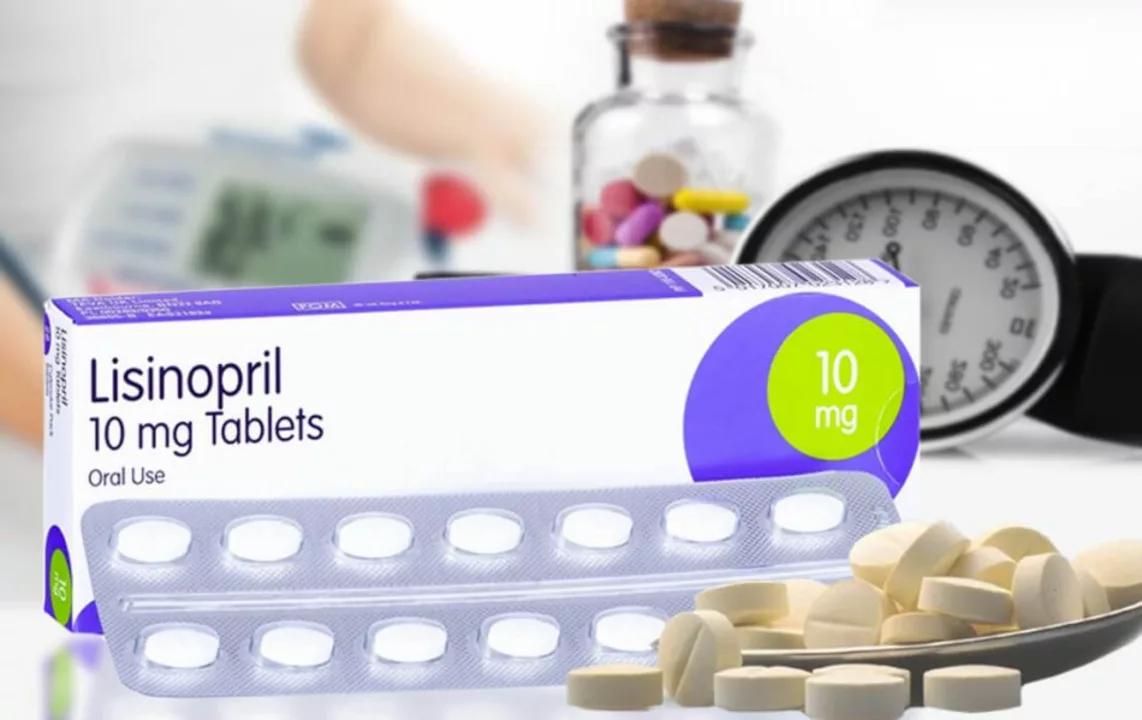Over-the-Counter Medications: Smart, Safe Use
Think "over-the-counter" means harmless? Not always. OTC meds treat common issues fast, but the wrong dose, mixing drugs, or using them too long can cause real problems. This page gives clear, useful steps so you get relief without unnecessary risks.
How to pick the right OTC medicine
First, read the active ingredient on the label, not just the brand name. Many products share the same active drug — for example, several cold remedies may contain acetaminophen. Taking two products with the same ingredient doubles your dose and can harm your liver or stomach. Check the dosing instructions and the maximum daily amount. For adults, skip doubling up and use a pill organizer or phone reminder if you take multiple meds.
Match the medicine to your symptom. For fever or aches, choose acetaminophen or an NSAID like ibuprofen. For allergies, use a non-drowsy antihistamine if you need to stay alert. For heartburn, try an antacid or an H2 blocker. If you’re unsure which type fits your symptom, ask the pharmacist — they can point out interactions and safer choices based on your other meds.
For kids, never guess a dose. Use the measuring device that comes with the product and follow age and weight guidelines. If a child can’t swallow tablets, pick a liquid formulation made for their age.
When to be careful and when to see a doctor
Avoid mixing OTC meds with prescription drugs, alcohol, or recreational substances until you check for interactions. Blood thinners, high blood pressure medicines, antidepressants and diabetes drugs commonly interact with OTC painkillers, decongestants, or certain herbal supplements.
Stop and call your doctor or go to urgent care if symptoms persist after a few days of correct OTC use, if you have a high fever, severe pain, breathing trouble, chest pain, fainting, or signs of an allergic reaction. Also seek help if an OTC medicine causes sudden confusion, severe drowsiness, or unusual bleeding.
Buying OTC online? Choose licensed pharmacies, read reviews, and check return and expiry policies. Be wary of extremely low prices or products without clear active-ingredient labels. When in doubt, buy locally and talk to a pharmacist so you aren’t guessing about potency or safety.
Store meds in a cool, dry place and keep them out of reach of children. Check expiration dates and dispose of old meds at community take-back programs rather than the trash or sink when possible. For everyday safety, keep a simple log of what you took and when — it helps if you need to explain things to a clinician.
OTC medicines are useful tools when used correctly. Read labels, respect doses, watch for interactions, and ask a pharmacist or doctor when something feels off. A little caution now avoids a lot of trouble later.
Lisinopril-HCTZ and Interactions with Over-the-Counter Medications
As a blogger, I recently came across some important information about Lisinopril-HCTZ and its interactions with over-the-counter medications. It turns out that combining Lisinopril-HCTZ with certain over-the-counter drugs can cause adverse effects or reduce the effectiveness of your medication. Some common OTC drugs to be cautious with include NSAIDs, cold and flu remedies, and potassium supplements. Always consult with your healthcare provider before taking any new medications, even if they are available without a prescription. Remember to stay informed and prioritize your health!

